
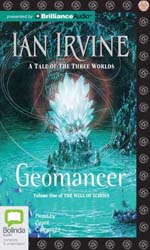 Geomancer (Well of Echoes #1)
Geomancer (Well of Echoes #1)
By Ian Irvine; Read by Grant Cartwright
Publisher: Bolinda Audio via Brilliance Audio
Publication Date: July 2013
[UNABRIDGED] – 23 hours, 47 minutes
Themes: / fantasy / magic / crystals / visions / aliens /
Publisher summary:
Two hundred years after the Forbidding was broken, Santhenar is locked in war with the lyrinx – intelligent, winged predators who will do anything to gain their own world. Despite the development of battle clankers and mastery of the crystals that power them, humanity is losing. Tiaan, a lonely crystal worker in a clanker manufactory, is experimenting with an entirely new kind of crystal when she begins to have extraordinary visions.
The crystal has woken her latent talent for geomancy, the most powerful of all the Secret Arts – and the most perilous. Falsely accused of sabotage by her rival, Irisis, Tiaan flees for her life. Struggling to control her talent and hunted by the lyrinx, Tiaan follows her visions all the way to Tirthrax, greatest peak on all the Three Worlds, where a nightmare awaits her.
The start of this book was promising, but things went off the rails. Then, just as they seemed to be recovering, I found the end to be awful. I think my main problem this book is the characters and their dialogue. In part one of the book Mr. Irvine introduces us to several characters that I despised almost immediately. In part two he seems to be trying to elicit sympathy from the reader via self-pity from internal monologue and sympathetic back story. It might work for some readers, but not for me. At best instead of coming around to like the characters as complex and flawed, I find myself mostly indifferent about what might happen to them.
The main character is mostly likable, although some of her thoughts rubbed me the wrong way. I assume this is another attempt to give her depth through flaws instead of being a hero trope. Maybe my dislike of almost all the characters is just an inability for me to understand their society, but I doubt it. The most likable characters are minor ones who don’t seem to stick around very long. It’s really hard for me to enjoy a book when I don’t like the people I’m reading about.
The main story is interesting. The world is at war with much more powerful alien creatures. Humanity have built machines called clankers in order to be able to fight back, but they are still mostly outmatched. At first this seems more like sci-fi than fantasy, but the clankers are powered by crystals and there a mostly unexplained magical system based on them and their connection to power nodes around the world. So really it’s some sort of mix that has more of a fantasy feel than science fiction.
There are a lot of political and social issues that play into things. With so many young men dying in a seemingly endless war, everyone is expected to produce children to essentially provide the next generation of fodder. Anyone accused of a crime is sent to one of two places depending on their gender. Males are sent to the front lines where they will likely die in short order. Women are sent to “breeding factories” which are exactly what they sound like. Entirely too much time was spent on the breeding factories, and the notion of a society so desperate to survive they force women to sleep numerous partners in the hopes of producing the most helpful offspring as frequently as possible is downright horrifying to me.
This is apparently the second series of Mr. Irvine’s Three Worlds sequence. Having never read the first (The Mirror Quartet), I’m sure I’m missing some references to things from that series. My understanding is this is set hundreds of years later, and possibly on a different world. I never felt lost but it’s possible I would understand more about the crystals and their powers if I had read that series first.
Overall it wasn’t a very good book and it was not as well executed as I would have liked. I found myself cringing at some of the writing in places, especially the dialogue. The ending of the book really was really off-putting – it felt like a bad soap opera on television.
Grant Cartwright, the narrator, is the only bright spot of the book, and a large part of me being able to get through the worst parts. I’m not sure if he exclusively reads books targeted at an Australian audience, but if so that’s a shame. He does a good amount of voices for the various characters and his normal reading voice is clear and easy to understand. Some of his voices are grating, but I think that’s fitting for the characters he is portraying. Maybe this partnership between Bolinda and Random House will bring more of his work to North America. I’d like to see what he does with a better book.
Review by Rob Zak.

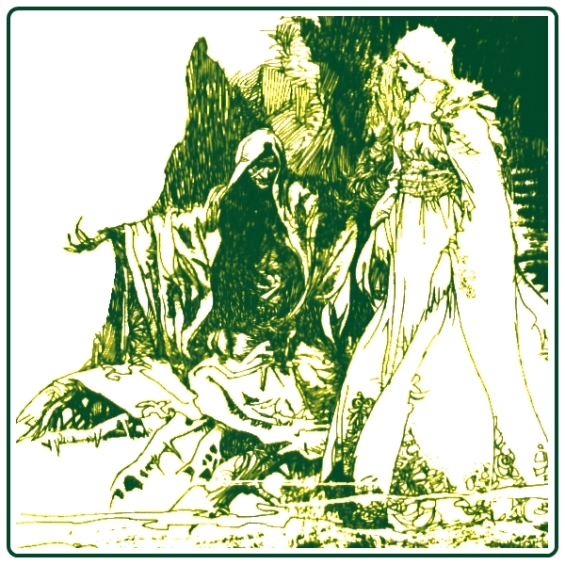
 The Hollow Of The Three Hills
The Hollow Of The Three Hills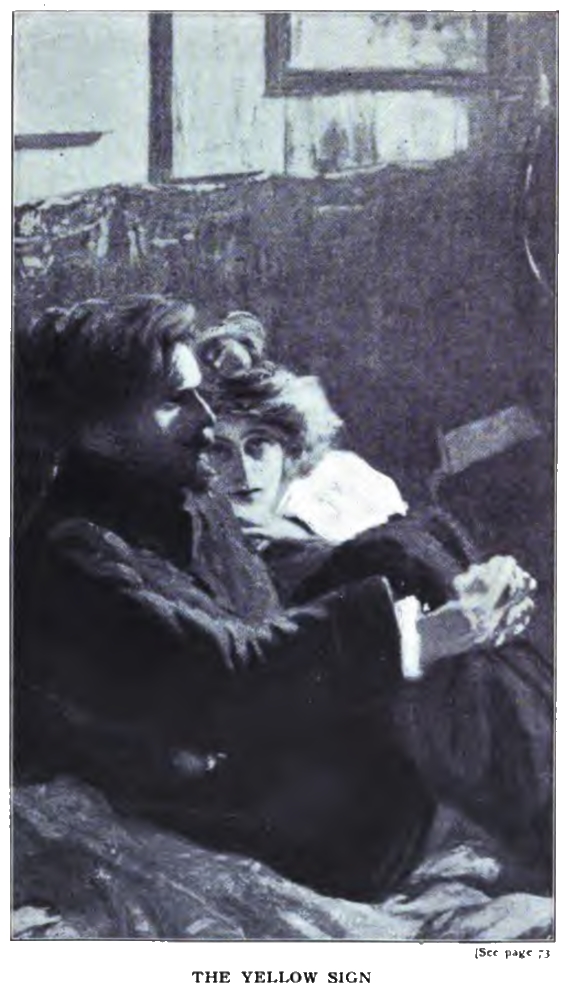
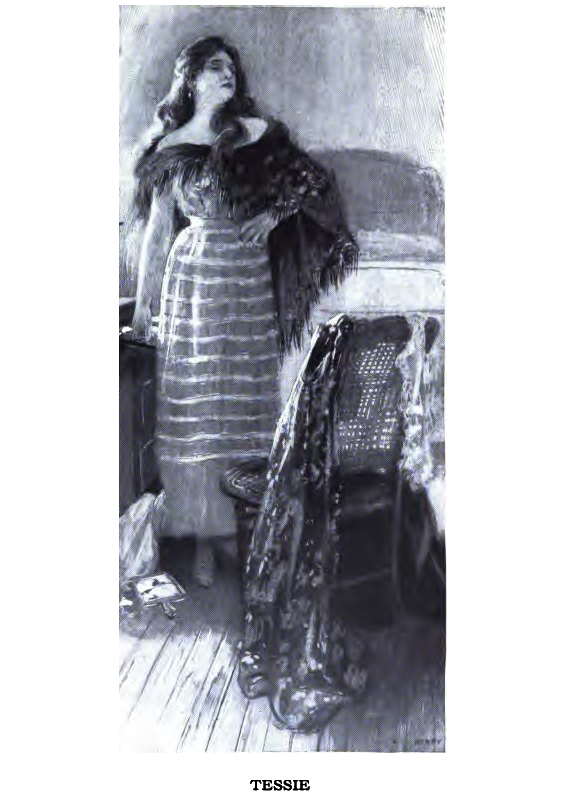
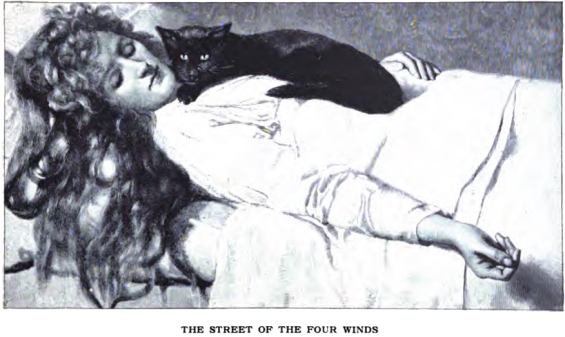
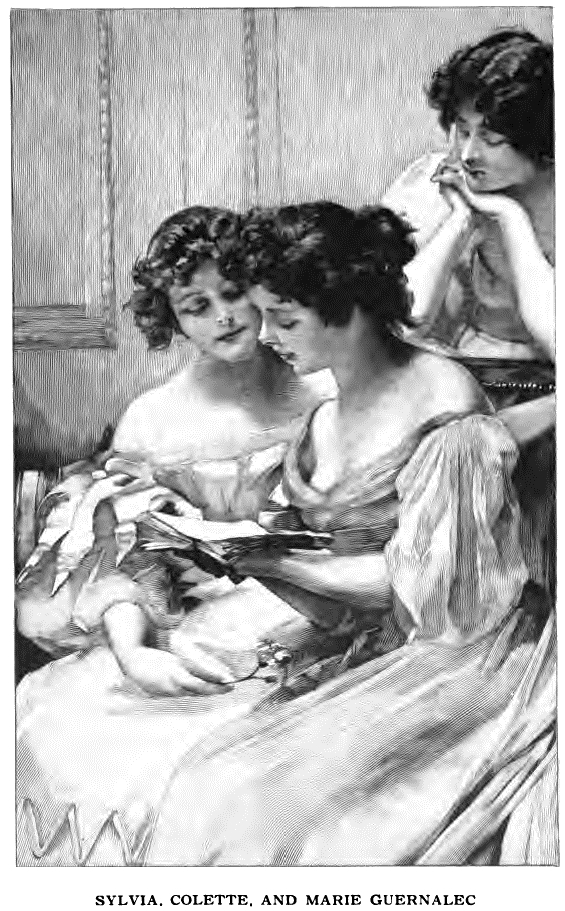
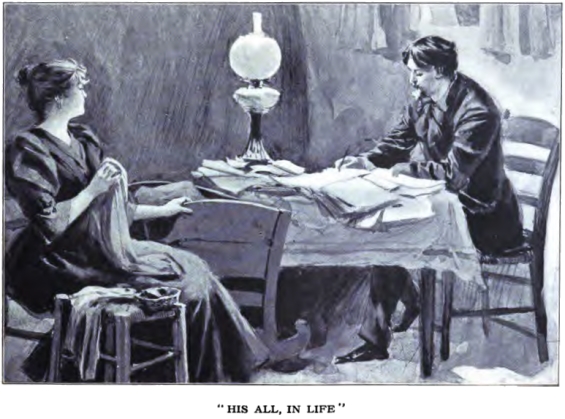
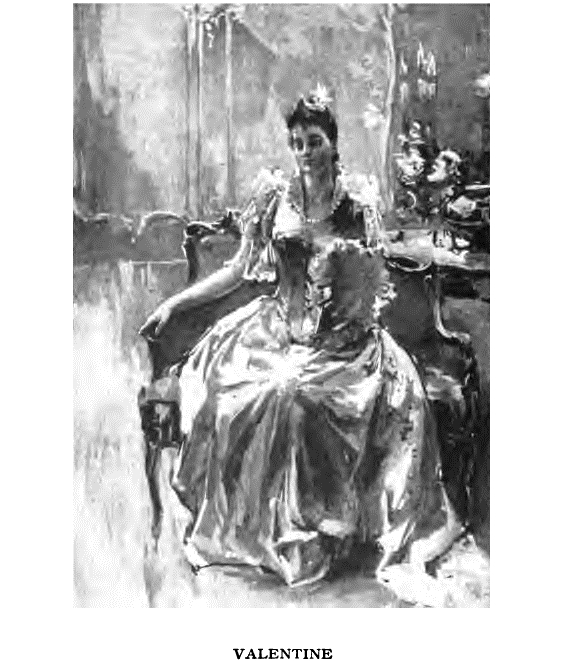
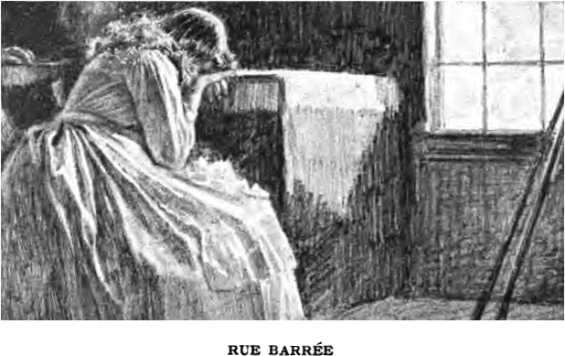




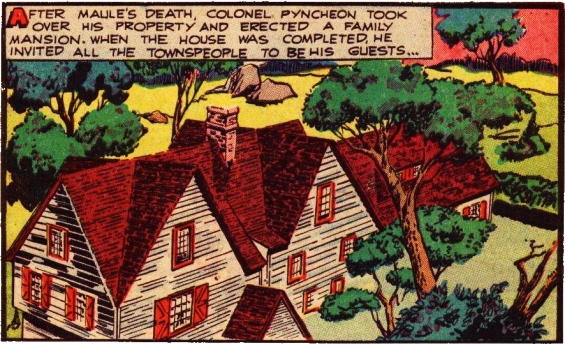
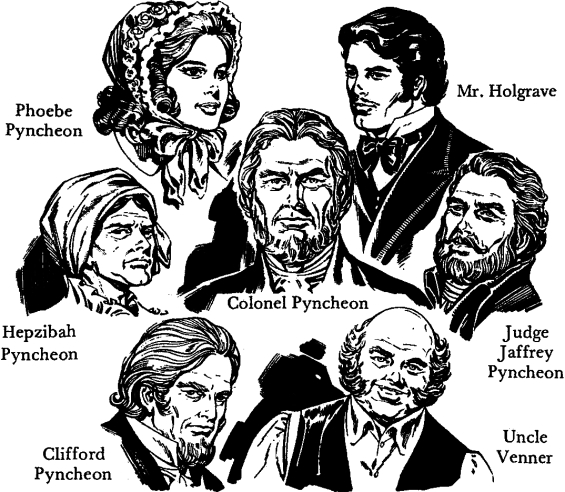
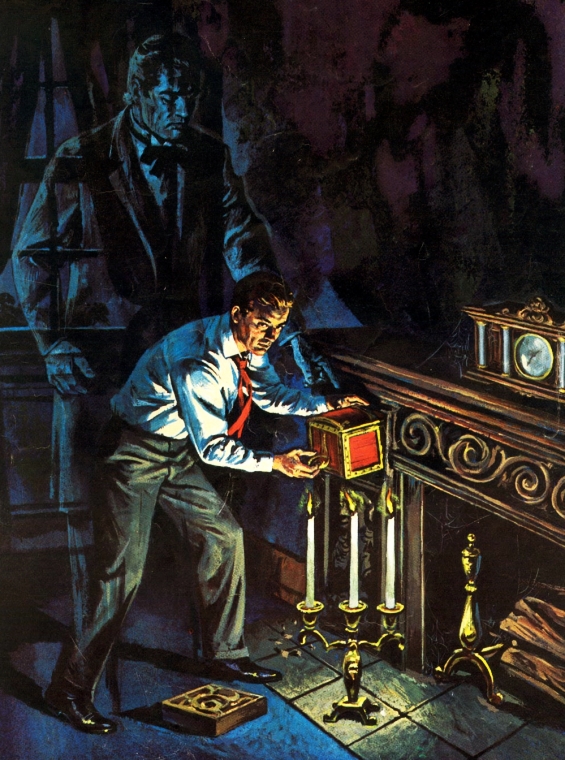
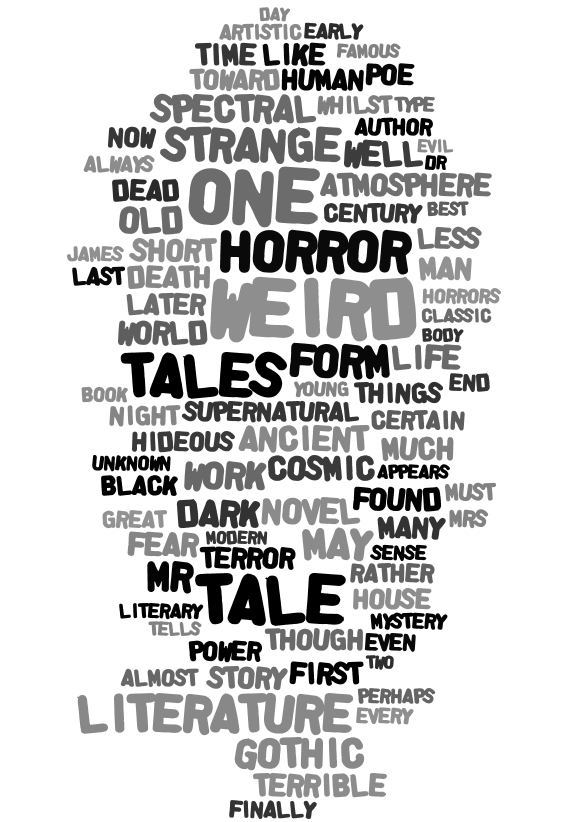
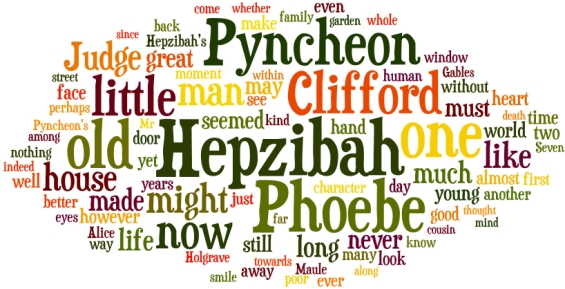
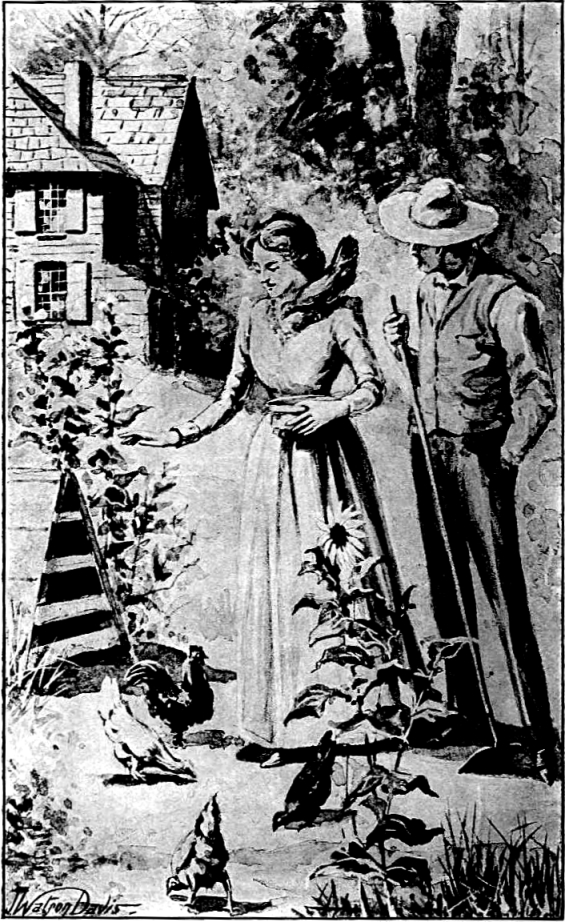
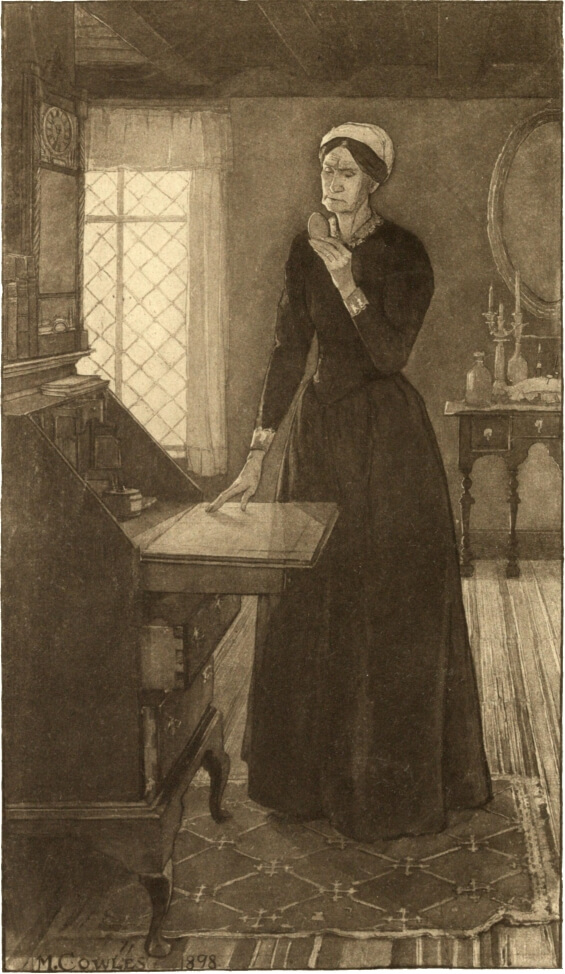

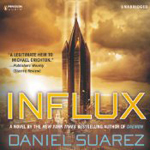 Influx
Influx Geomancer (Well of Echoes #1)
Geomancer (Well of Echoes #1)